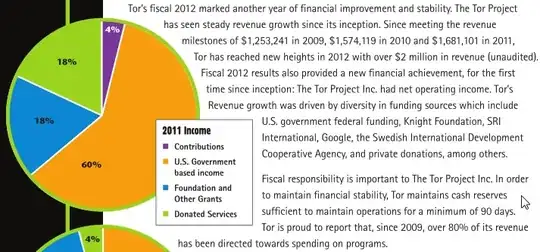2013 calling
I think this question deserves a new answer after what we know now. Given the financial sources of the Tor project and what we learned about the NSA inserting backdoors (e.g. see here) casts a shadow on the trustworthiness of the project.
From the annual report for last year (linked above):

However, keep in mind that the US government claims they want to enable all kinds of people around the globe to communicate unencumbered by local national censorship. You yourself probably fall into that category. It does of course not preclude eavesdropping on them, but it would give a motivation for financing the project other than the potential darker intentions one could think of in light of the recent leaks concerning global surveillance.
Also, this recent publication ("Users Get Routed: Traffic Correlation on Tor by Realistic Adversaries") about how identifiable users puts a big question mark on the usefulness of Tor w.r.t. anonymity. Apparently that's a big concern of yours.
I don't know what resources the Indian government (assuming that's your "adversary") has available, but it's certainly a factor to be considered.
All that said, I think that in combination with other measures such as re-mailers, encryption, VPN and so on, you can probably evade successfully for some, possibly even a very long time. So Tor will be useful as one thread in a safety net. But be aware that this thread may turn out inefficient, so don't let it be the only type of thread in your safety net.

is this true? – Jan 19 '13 at 15:37